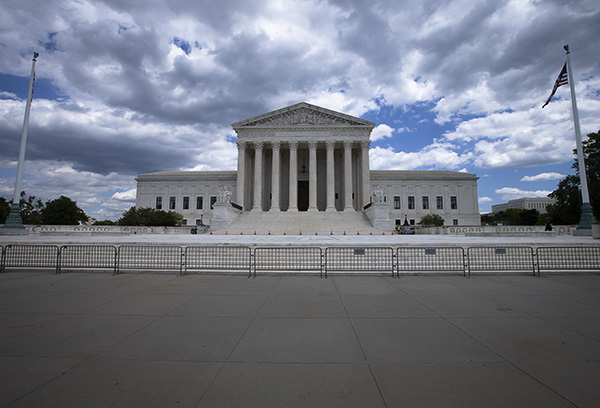
By Tablet Staff
WINDSOR TERRACE — Texas Gov. Greg Abbott has signed into law legislation banning abortions after a baby’s heartbeat can be detected — at approximately the sixth week of pregnancy — making his state the largest in the nation to enact such a strict limit on abortion.
According to medical experts, six weeks is so early in a pregnancy that many women are not even aware that they are carrying a child at that point.
The bill, which Abbott signed on Wednesday, goes into effect in September. It requires abortion providers to check for a baby’s heartbeat before performing an abortion and prohibits them from moving forward if the heartbeat is detected.
The new law makes an exception for emergency cases, but not for rape or incest.
“Our creator endowed us with the right to life, and yet millions of children lose their right to life every year because of abortion. In Texas, we work to save those lives. And that’s exactly what the Texas Legislature did this session,” Abbott said at the bill signing ceremony.
Under current Texas law, abortions are prohibited after 20 weeks — the point at which a baby is considered viable and can live outside the womb after birth.
A provision of the newly-signed Texas law allows private citizens to file lawsuits against people who help pregnant women violate the ban on abortion — including abortion providers and abortion rights advocates.
The bill signing took place two days after the U.S. Supreme Court announced it would hear a pro-life case involving a Mississippi law banning most abortions after the 15-week mark. That case will be heard in the fall, with a decision expected next spring.
Pro-life supporters are hopeful that the high court’s 6-3 conservative majority will allow the Mississippi law to stand.
The Mississippi case is seen as the most substantial challenge yet to the court’s famous 1973 Roe V. Wade decision guaranteeing the right to abortion.
